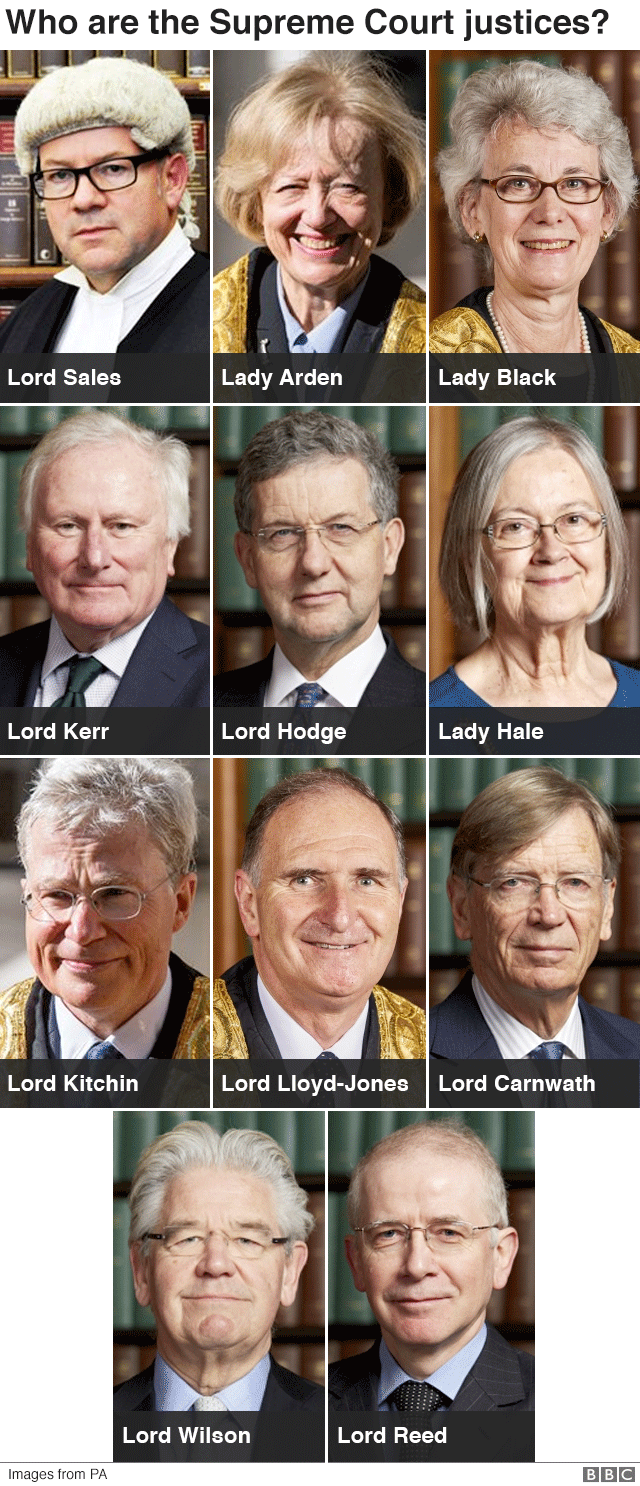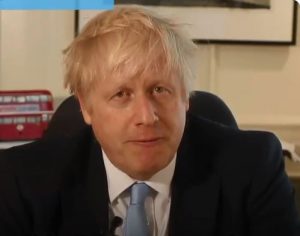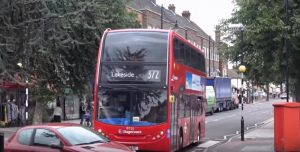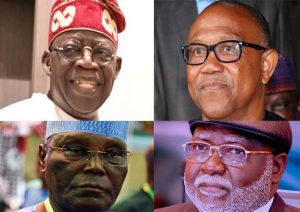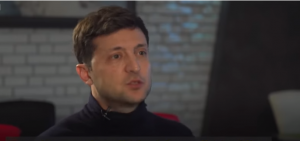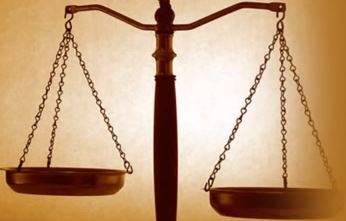
Sept. 17, 2019. BBC: The most senior judge in the UK says the case surrounding Boris Johnson’s suspension of Parliament raises “a serious and difficult question of law”.
Lady Hale and 10 other judges must decide whether advice he gave to the Queen about prorogation was lawful.
Government lawyer Lord Keen QC said the PM was “entitled” to act as he did and the issue was not one for the courts.
Lord Pannick QC for campaigners against the move told the Supreme Court it was done to “silence” MPs ahead of Brexit.
Mr Johnson announced at the end of August that he intended to suspend – or prorogue – Parliament for five weeks.
He maintains it was right and proper to do so in order to pave the way for a Queen’s Speech on 14 October to outline the government’s legislative plans for the year ahead.
The prime minister insisted the move had nothing to do with Brexit and his “do or die” pledge to take the UK out of the EU on 31 October, with or without a deal – but opposition MPs and campaigners dispute that and have taken the matter to court.
The Supreme Court is hearing two appeals this week relating to the decision after two lower courts ruled in contradictory ways.
Scotland’s highest court ruled last week the five-week suspension was “unlawful”, after a challenge by a cross-party group of politicians.
Edinburgh’s Court of Session said the shutdown was designed to “stymie” MPs in the run-up to the Brexit deadline and Mr Johnson had effectively misled the Queen in the sovereign’s exercise of prerogative powers.
However, the High Court in England had previously ruled the opposite way, following a challenge to prorogation brought by businesswoman and campaigner Gina Miller.
Judges there said the suspension was “purely political” and therefore “not a matter” for the judiciary.
‘Wider questions’
Protesters from both sides of the Brexit debate gathered outside the court off Parliament Square in Westminster as the three-day hearing began.
Lady Hale, President of the Supreme Court, said in her opening statement: “That this is a serious and difficult question of law is amply demonstrated by the fact that three senior judges in Scotland have reached a different conclusion from three senior judges in England and Wales.”
She said the court would endeavour to address these questions, but would not determine “wider political questions” relating to the Brexit process or have any impact on its timing.
SNP MP Joanna Cherry – who was also one of the lawyers involved in the Scottish case – told the BBC she was “cautiously optimistic” the Supreme Court would uphold that ruling.
Otherwise, she said, it would be “accepting that it’s possible… for the prime minister of a minority government to shut down Parliament if it is getting in his way”.
Arguing on behalf of the government on Tuesday, the Advocate General for Scotland, Lord Keen, told the Supreme Court that in declaring the prorogation “null and of no effect”, the Scottish court had “simply gone where the court could not go”.
He said if the ruling was upheld, the prime minister would take “all necessary steps” to comply.
However, after being pushed by the judges, he said he would not comment on whether Mr Johnson might subsequently try to prorogue Parliament again.
Lord Keen said previous prorogations of Parliament – including in 1930 and 1948 – had “clearly been employed” when governments wanted to “pursue a particular political objective”, adding: “They are entitled to do so.”
He said that if MPs did not want Parliament to be suspended they had “adequate mechanisms” and opportunities to stop it in its tracks by passing new laws – pointing to the fact a bill to block a no-deal Brexit was passed in just two days.
Arguing on behalf of Ms Miller – and against the English court ruling – crossbench peer Lord Pannick said Mr Johnson suspended Parliament to avoid the risk of MPs “frustrating or damaging” his Brexit plans.
There was, Lord Pannick added, “strong evidence” the PM saw MPs “as an obstacle” and wanted to “silence” them.
He said he had “no quarrel” with a prime minister’s right to prorogue Parliament in order to present a Queen’s Speech.
However, he said the “exceptional length” of this suspension was “strong evidence the prime minister’s motive was to silence Parliament because he sees Parliament as an obstacle”.
Lord Pannick said the facts showed the PM had advised the Queen to suspend Parliament for five weeks “because he wishes to avoid what he saw as the risk that Parliament, during that period, would take action to frustrate or damage the policies of his government”.
He said the effect of the suspension was to take Parliament “out of the game” at a pivotal moment in the UK’s history and he disagreed with the High Court’s judgement that the issue was outside the scope of the courts.
“The answer is either yes, or it is no, but it is an issue of law, and the rule of law demands the court answers it and not say ‘it is not for us and it is for the discretion of the prime minister’.”
Analysis by Dominic Casciani, Homes Affairs Correspondent
Amid the protests outside the Supreme Court, and the calm but focused legal debate inside, the first day of this potentially monumental constitutional battle came down to two questions.
Do judges have the power to stop a prime minister proroguing Parliament? And, if so, did Boris Johnson act illegally and mislead the Queen?
Lord Pannick QC, for Gina Miller, hammered out attack after attack.
Where was the prime minister’s witness statement showing he had an honest reason for closing Parliament? How could a prime minister who is accountable to Parliament prevent it from holding his feet to the fire?
Lord Keen QC, the government’s top lawyer in Scotland, argued judges couldn’t even consider these questions.
There was a key moment of political intrigue when the justices wondered what Mr Johnson would do if he were to lose.
But his lawyer could not say whether he might simply ask the Queen to re-open Parliament – and then shut it down again.

Ms Miller is seeking a mandatory order which would effectively force the government to recall Parliament, BBC legal correspondent Clive Coleman said.
Opposition parties have called for Parliament to be recalled but at a cabinet meeting on Tuesday, Mr Johnson told ministers he was “confident” of the government’s arguments.
He told the BBC on Monday he had the “greatest respect for the judiciary”, and its independence was “one of the glories of the UK”.
Analysis by Norman Smith, Assistant Political Editor
Downing Street has refused to speculate on how the government might respond should they lose this court case.
Pressed this morning, the Justice Secretary, Robert Buckland, declined to say whether Parliament would be recalled, or indeed whether the prime minister might seek to suspend Parliament for a second time.
Mr Buckland said any decision would hinge on the precise wording of the court judgement.
Nevertheless, defeat would be a significant blow.
It would be the first time in modern history that a prime minister had been judged to have misled Parliament.
And if MPs were recalled, Mr Johnson would almost certainly face contempt of Parliament proceedings, accusations that he’d lied to the Queen, and pressure to reveal more details about his negotiating strategy and his planning for no deal.
Defeat in the Supreme Court would also make it much harder for the prime minister to defy MPs for a second time as he has threatened to do over their bill to block a no-deal Brexit.
Elsewhere on Tuesday, the prime minister has discussed Brexit in a phone call with German Chancellor Angela Merkel.
No 10 said afterwards: “The prime minister reiterated that the UK and the EU have agreed to accelerate efforts to reach a deal without the backstop which the UK Parliament could support, and that we would work with energy and determination to achieve this ahead of Brexit on 31 October.”
